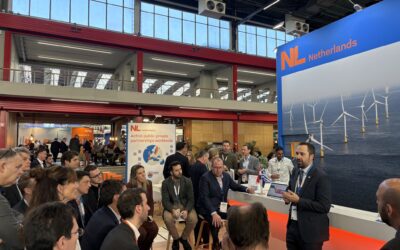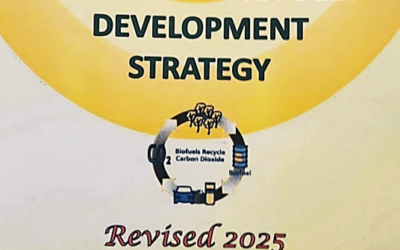Check out the latest edition of INFOCUS, an edition of the HAEE (Hellenic Association of Energy Economics), where our Head of Policy and Planning Unit, Dr George Vourliotakis, discusses the Sustainable Aviation Fuel (SAF) market and sustainability in China.
China is definitely a country to look at in the future, offering several opportunities for dialogue, cooperation and transferability of good paradigms in several areas of energy transition, with the deployment and market scale-up of advanced transport biofuels having a key role in the journey!
Advanced biofuels derived from non-food feedstocks such as agricultural residues, waste, and industrial byproducts offer a vital solution for reducing GHG emissions in hard-to-electrify transport sectors like aviation, heavy-duty freight, and maritime. China, facing rapidly growing transport and aviation fuel demand, is prioritizing advanced biofuels and SAF within its Dual Carbon Policy goals for 2030 and 2060. Though SAF blending mandates are expected, delays in official implementation have led to interest in exports, where meeting stringent international sustainability standards is crucial. Used cooking oil currently dominates China’s SAF feedstock, but issues with certification transparency pose challenges. Unlocking the full potential of China’s diverse sustainable feedstocks will require technological innovation and supportive policy frameworks. Collaboration between China and the EU—on sustainability standards, traceability, and joint investments—can enhance SAF deployment and trade.
EXERGIA, with deep expertise in EU transport decarbonization policy, supports both public and private actors in navigating these evolving regulatory and strategic landscapes.



